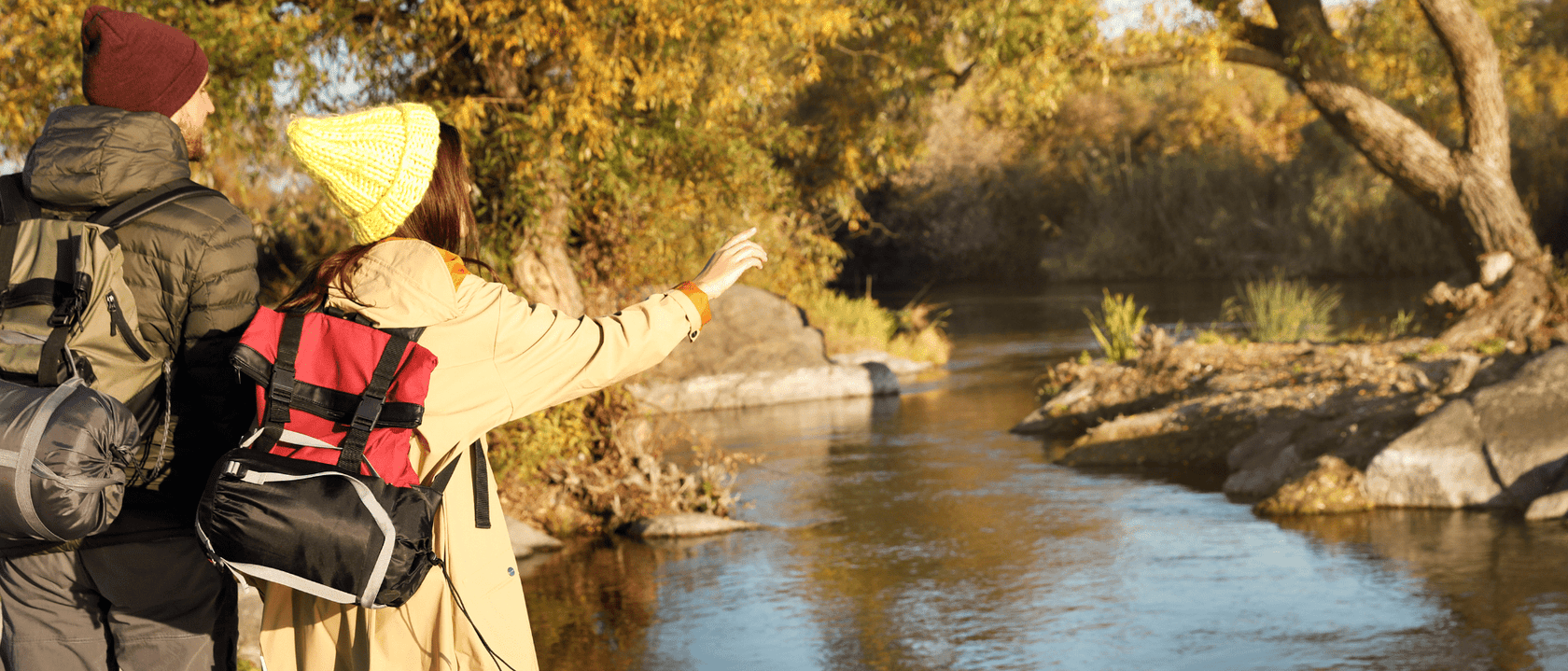What is Giardia? The Parasite Causing "Beaver Fever"
Giardia duodenalis (pronounced "gee-ar-dee-uh doo-oh-den-al-is") is a microscopic parasite that causes a diarrheal disease called giardiasis, also known as "beaver fever." It spreads easily through contaminated water sources like lakes, rivers, and poorly treated water supplies - making it a concern for hikers, campers, and travelers, especially in developing countries like Mexico where giardia infections are more common.
How Giardiasis Spreads
The most frequent way people contract giardia is by swallowing contaminated drinking water or recreational water tainted by the parasites. Giardia can also spread person-to-person through inadequate hygiene, or via contaminated food, surfaces, or objects. According to the Centers for Disease Control and Prevention (CDC), giardiasis is one of the most common waterborne diseases in the United States.
Unpleasant Symptoms of Giardia Infection
Once the giardia parasite takes up residence in the small intestine, a variety of nasty intestinal symptoms can develop, including:
- Diarrhea (sometimes profuse)
- Excessive gas
- Greasy, foul-smelling, floating stools
- Stomach cramps and pain
- Nausea
- Fatigue
- Dehydration
Less common symptoms like fever, itchy skin, hives, and joint swelling may also occur. Symptoms usually start 1-2 weeks after infection and can last 2-6 weeks in otherwise healthy people. Those with weakened immune systems may experience symptoms for much longer.
Diagnosing and Treating Giardiasis
If you develop diarrhea after hiking, camping, traveling to endemic areas like Mexico, or other high-risk exposures, see a doctor. Giardiasis is diagnosed by microscopically examining stool samples, which may need to be collected over several days due to the difficulty in detecting the parasites.
While some cases resolve on their own, giardia is typically treated with prescription antiparasitic medications like tinidazole or nitazoxanide to shorten the duration and ease symptoms. Preventing dehydration by drinking lots of fluids is also important, especially for pregnant women, infants, and those with weakened immunity who are most susceptible to complications.

High-Risk Activities and Situations
Anyone can get giardia, but certain scenarios increase the risk of contracting the parasite:
- Backpackers/campers drinking untreated wilderness water
- Swimmers swallowing contaminated pool, hot tub, lake or river water
- Travel to areas with poor sanitation
- Contact with infected animals or feces-contaminated environments
- Childcare centers with frequently touched surfaces
- Close contact with someone already infected
- Sexual contact involving fecal exposure
- Drinking from shallow, contaminated wells
- Compromised immunity
Protecting Private Wells from Giardia Contamination
While outdoor adventurers are well aware of the risks from untreated surface water sources, private residential wells can also potentially become contaminated with giardia and other pathogens. This can occur from sewage spills, failing septic systems, polluted storm runoff, and fecal matter entering groundwater supplies - especially for shallow wells impacted by flooding events.
Preventing Giardia Infections
To avoid contracting the highly contagious giardia parasite, some key prevention tips include:
- Use a portable water purifier that filters out giardia cysts when camping/hiking
- Practice good handwashing with soap and water, especially before food prep
- Avoid drinking untreated water from potentially contaminated sources
- Don't swallow recreational water while swimming
- Practice safe sex and avoid fecal exposure
- Stay away from areas with poor sanitation and hygiene

Water-to-Go's Advanced Purification Filters Out Giardia
The Water-to-Go reusable filter bottles utilize a 3-in-1 filter system that is effective against giardia cysts as small as 0.7 microns. Just fill up the bottle from any fresh water source - the filters will remove over 99.9% of contaminants like giardia, bacteria, viruses, chemicals, and heavy metals, turning dirty water drinkable in seconds without chemicals or iodine taste.
Common Questions About Giardia
What is giardia?
Giardia is a microscopic parasite that causes the diarrheal illness giardiasis after being ingested, often from drinking contaminated water.
How do you pronounce Giradia?
Giardia is pronounced as "gee-ar-dee-uh".The breakdown of how to pronounce it is: Gee - as in the letter G ar - like the "ar" sound in "arm" dee - like the "dee" in "deep" uh - like the short u sound in "duh." So putting it together, you pronounce giardia as "gee-ar-dee-uh".
Does giardia go away on its own?
While giardiasis will eventually resolve on its own in healthy individuals, symptoms can persist for weeks or months. Antiparasitic medication can help shorten the duration.

Is giardia contagious?
Yes, very contagious! Giardia spreads through ingesting contaminated food/water or by direct person-to-person transmission via the oral-fecal route.
How do you know if you have a parasite?
Symptoms like diarrhea, gas, greasy stools, cramps, nausea and fatigue may indicate a parasitic infection like giardiasis. Seeing a doctor for testing is needed to confirm the diagnosis. 
